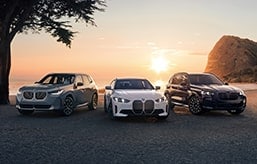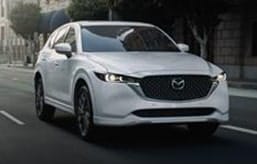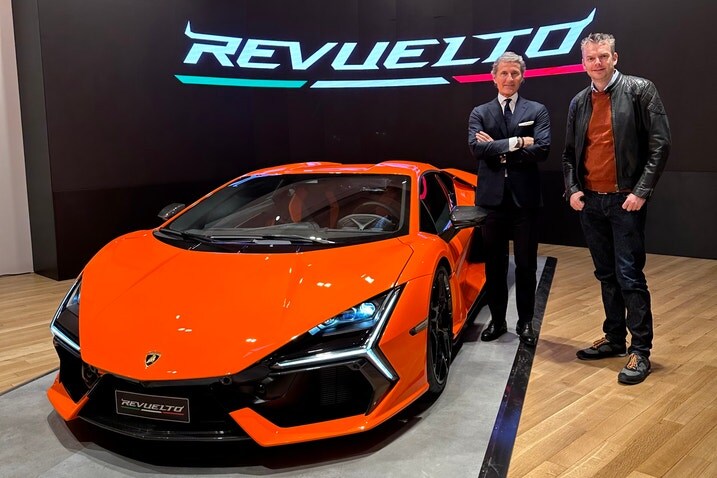- No all-electric Lamborghini supercar until at least the 2030s.
- First Lamborghini EV will be a grand tourer expected to arrive in 2028.
- An electric version of the next-generation Urus SUV will follow in 2029.
- New Revuelto and the replacement for the Huracán will be plug-in hybrids.
- Synthetic fuel may prolong the life of the internal combustion engine.
Lamborghini CEO: No Electric Supercar Until 2030s
First electric Lamborghinis will be a GT and SUV
Lamborghini's newest upcoming vehicles feature electric motors for added performance, with both the new Revuelto supercar and the replacement for the two-seater Huracán using plug-in hybrid systems. But what about a fully electric powertrain? The horizon on that is a little further out, says Lamborghini CEO Stephan Winkelmann, who confirmed to Edmunds editor-in-chief Alistair Weaver that there will be no all-electric supercar until at least the 2030s. Lamborghini's first EV will be a grand tourer — a typically expensive coupe that blends high performance with a relatively comfortable ride. This GT will be followed by a battery-driven version of the next-generation Urus SUV.
The upcoming GT will be a two-door 2+2, meaning it's equipped with rear seats that are small but suitable for occasional use. "This will not just be a car for going from A to A, but from A to B,” said Winkelmann. “We want it to be a daily car.” It’s likely to draw inspiration from the Lamborghini Espada, which debuted back in 1968 — “GT cars are where we started.” It will not be cheap. Winkelmann says the GT will be positioned “on top of Urus”, which implies a starting price of about $300,000 in today's money. The GT is likely to arrive around 2028, with the Urus EV bowing a year later.
Am I Ready for an EV?
- EV ownership works best if you can charge at home (240V outlet)
- Adding a home charging system is estimated to cost $1,616 in
- Edmunds is partnering with Treehouse, an independent provider of home EV installation services. Learn more about the installation services partnership
The focus on the GT car and SUV allows Lamborghini to delay the move to all-electric supercars. “It will not be until the 2030s at the earliest, and the development of synthetic fuels might allow us to continue for longer with hybrid systems,” claimed Winkelmann.
Synthetic fuels are being developed as a more environmentally friendly alternative to more traditional oil-based gasoline and diesel, but Winkelmann accepts there are considerable logistical problems associated with their introduction: “[Synthetic fuels] would need to be available globally. These cars are only viable if [these fuels are] available worldwide because the market is small and the development costs are very high.”
Winkelmann also made clear that there are no plans for a cheaper model below the Urus, and while a hypercar above the Revuelto is always under consideration, there needs to be a viable business model.
Edmunds says
Even the CEO admits that a hybrid Lamborghini would have been unthinkable even a few years ago, but it’s now a reality and a full EVs are on their way. Given the company’s history, a grand tourer is a logical addition to the lineup and should serve as a neat bridge to an EV future.




 by
by